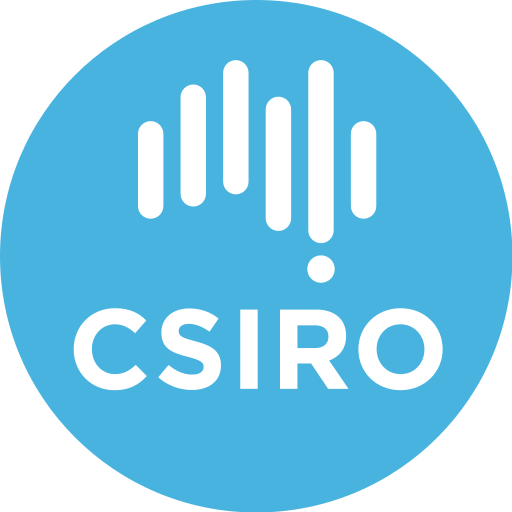Contact for the resource
C-Aid Consultants
1 record(s)
Type of resources
Topics
Keywords
Contact for the resource
Provided by
Formats
Update frequencies
Status
draft
-
The project identifies a means for Torres Strait Islanders and Research Development and Extension (RD&E) providers to assess opportunities for greater collaborative efforts through the development of procedures and processes that encourage greater real involvement and engagement of Torres Strait Islanders in the RD&E process. 2011-2012. Project objectives were: 1. Assess the costs and benefits of Torres Strait Islander engagement in fisheries research, development and extension (RD&E); 2. Identify future RD&E benefits and opportunities for Torres Strait Islanders; 3. Development of a best practice model for supporting indigenous fee for service and employment opportunities in RD&E in the Torres Strait; and 4. Draft a basic business plan and pathways to implement the best practice model in the Torres Strait. Key outcomes listed in the final report were: * A means for Torres Strait Islanders and RD&E providers to identify opportunities for greater collaborative RD&E; * Research providers will benefit from the project as it has shown that, if the aim is greater involvement of Torres Strait Islanders in the RD&E process, there is a need to identify opportunities to develop and adjust procedures and processes that will encourage involvement; * Real involvement and engagement of the Torres Strait Islander community has the potential to enhance acceptance and adoption of findings which can lead to cost effective R&D and improved management arrangements in the region; * Many of the R&D opportunities that were the basis for this project have now been taken up by the TSRA LSMU and therefore opportunities for those outside of this system appear limited. * The TSRA LSMU does not have current capacity to undertake additional tasks focussing on fishing and seafood related R&D. This type of R&D generally falls outside of existing TSRA scope and currently funded LSMU roles/tasks. There would need to be arrangements made (legal and operational), and resourcing/funding opportunities identified, to build capacity and organisational structures, if the TSRA were to consider taking on such tasks as part of their day to day activities. * A possible (untested) concept/model for fee for service, outside of the TSRA LSMU arrangement, has been identified but it would appear cost ineffective at this stage. Draft a basic business plan and pathways to implement the best practice model in the Torres Strait.
